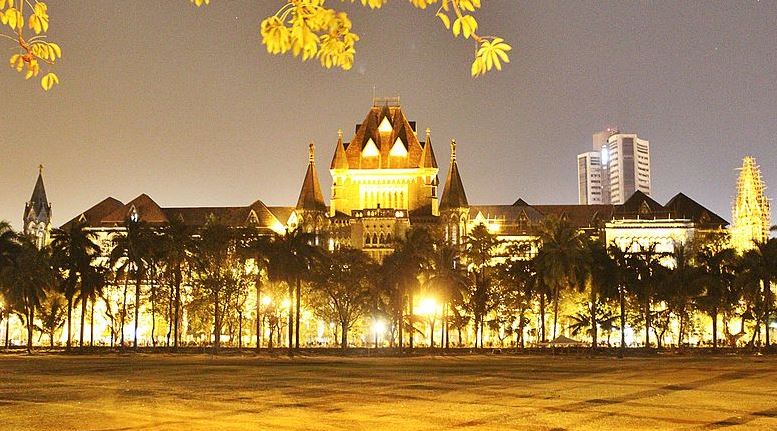Mumbai
(Maharashtra), October 3: Bombay High Court lamented the fact that though
there were convictions in crimes against women, the sentences were not
proportionate to the gravity and magnitude of the offence. Therefore, to ensure
that the victim of a crime, as also the society, has the satisfaction that
justice has been done, the High Court refused to reduce the sentence of three
men convicted of raping a woman in Pune.
“The
sentencing policy adopted by the courts, in such cases, ought to have a
stricter yardstick so as to act as a deterrent,” said, while upholding the
sentence, the division bench of Justice Sadhana Jadhav and Justice Sarang
Kotwal. The High Court refused to reduce the sentence of life imprisonment handed
down by the Pune Sessions Court to three convicts - Ranjeet Gade, Ganesh Kamble, and Subhash Bhosale, on October 21, 2011.
“There are a
shockingly large number of cases where the sentence of punishment awarded to
the accused is not in proportion to the gravity and magnitude of the offence,
thereby encouraging the criminal and in the ultimate making justice suffer, by
weakening the system’s credibility,” the bench added.
The three
convicts - Ranjeet Gade, Ganesh Kamble and Subhash Bhosale are accused of gang-raping
a victim on April 1, 2010, and then dumping her near her place of residence.
According to
the complaint filed by the rape survivor, she was originally from Nagpur and traveled
to the US with her husband but later returned to India in March 2010. Though
her husband again went to US, she started working for a private hospital in
Pune as she was qualified for the job and did not want her Master’s degree to
go to waste.
On April 1,
2010, on her way to a seminar, she first tried boarding a bus but when she
realized she was getting late and when offered a lift by two accused in a car,
she assuming the car to be a call centre cab going in the same direction as of the
seminar venue, she boarded it.
However,
rather than traveling to her requested destination, the duo drove the car aimlessly
before picking up the third accused. Meanwhile, she was gagged and threatened
and then told to call her mother without disclosing her situation, else she
would be raped by 8-10 persons. After which the convicts took her to a secluded
spot and gang-raped her and then dropped her near her residence.
In their
argument, the defense counsels said that the trio was convicted based on witness
accounts and their identification by the survivor, which was questionable, as
the police had already shown the photo of one of the accused to her before the
identification parade. They also said that the allegation of rape was false as
the woman had consented to sex with them.
The counsel
also said that the trial court had convicted for conspiring, wrongful
confinement, rape, gang rape and criminal intimidation and sentenced them to
life imprisonment. They pleaded that as the accused had been in jail since
2010, some leniency should be shown, and the sentence be reduced.
Additional
public prosecutor S V Sonawane however said that the identification parade and
DNA evidence clearly showed that the trio had raped the victim and the victim
had vehemently refuted consensual sex, the trial court was right in meting out
life sentence, and he requested the honourable bench not entertain the appeals.
After
hearing all the counsels, the High Court held that criminal sentencing by the
Courts had become a subject of concern. Also, since the convicts had taken
advantage of the helplessness of the woman and raped her and subjected her to
extreme trauma, the high court said it was not inclined to reduce the sentence
and hence dismissed the appeals.
The division
bench while appreciating the sentence by the trial court judge expressed dismay
at the way the judge had gone into the details of the rape while the survivor
was uncomfortable disclosing it adding that such a practice should be avoided.

